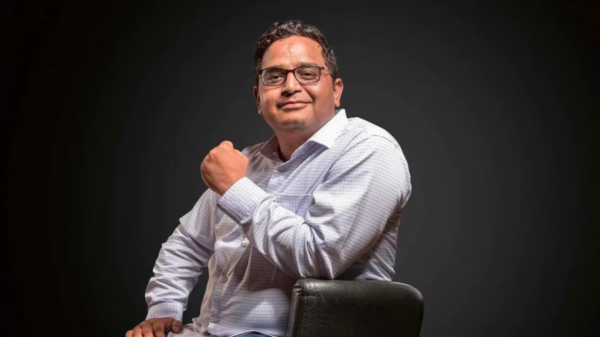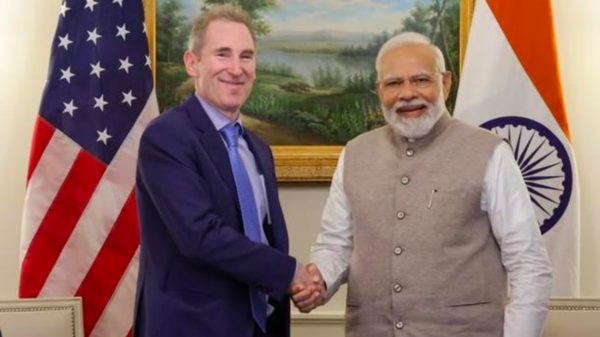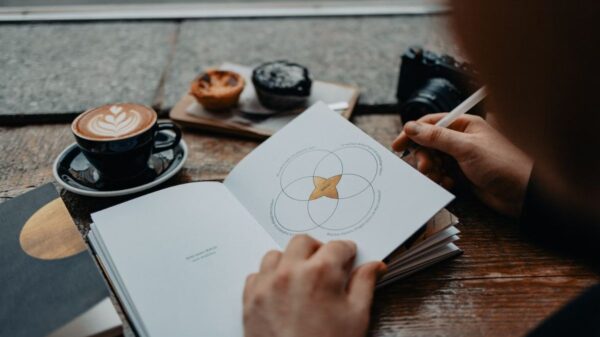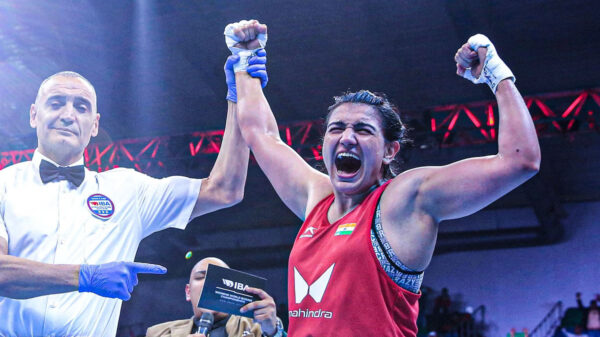Bajrang Punia
Bajrang Punia is slowly but surely making his way toward becoming one of India’s most accomplished wrestlers. The 28-year-old from Haryana earned his second gold medal at the Commonwealth Games on Friday in Birmingham, successfully defending his men’s 65kg division.
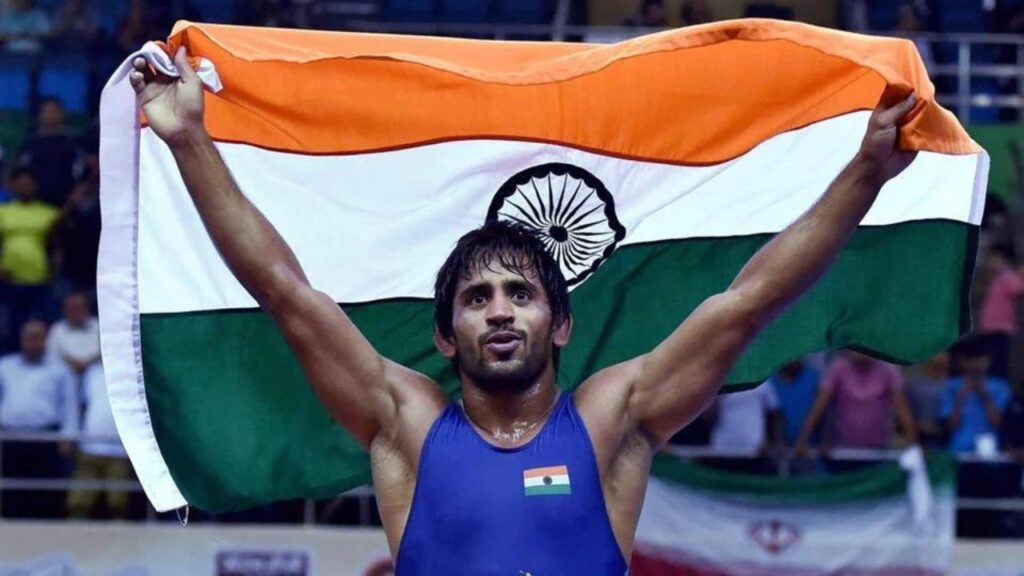
Bajrang Punia earned three medals from the Commonwealth Games: bronze in the 61 kg category, silver in Glasgow, and gold in Birmingham. The only Indian to take home three medals at a World Championships stood on top of the podium after thrashing every opponent in his path to glory.
Bajrang defeated Canadian Lachlan McNeil, age 21, who found the Indian’s knowledge and experience to be too much for him to handle.
Throughout his journey to the Birmingham final, Bajrang did not give up a single point. However, he did give up two points to McNeil, who put up a valiant fight against the hot favorite from India. With a 4-0 advantage, Bajrang entered the mid-bout break ahead.
But on Friday, it seemed like Bajrang put those bad thoughts behind him and put on a strong show to defend his crown. In the semi-final, Bajrang Punia was on fire against England’s George Ramm. He beat him by having better technique (without any point scored by the opponent).
In his first match at the Commonwealth Games, Bajrang Punia pinned Lowe Bingham of Nauru in less than two minutes. This put him in the quarterfinals for the 65kg weight class. He beat Jean Guyliane Joris Bandou of Mauritius by a 6-0 fall to move on to the next round.
Bajrang has been one of the most famous wrestlers in the world in the 65kg weight class, but he didn’t win a gold medal at the Tokyo Olympics last year, even though he went there as the favorite. Bajrang said that he had a knee injury at the Olympics after he won the bronze medal.
He has been considering the injury as he lessens the aggressive style that let him succeed at the highest level. Bajrang also sustained an injury following the Tokyo Olympics.
Bajrang, however, showed on Friday that he can overcome failures and possess the mental fortitude to maintain the flame for Paris 2024 goals.
Sakshi Malik
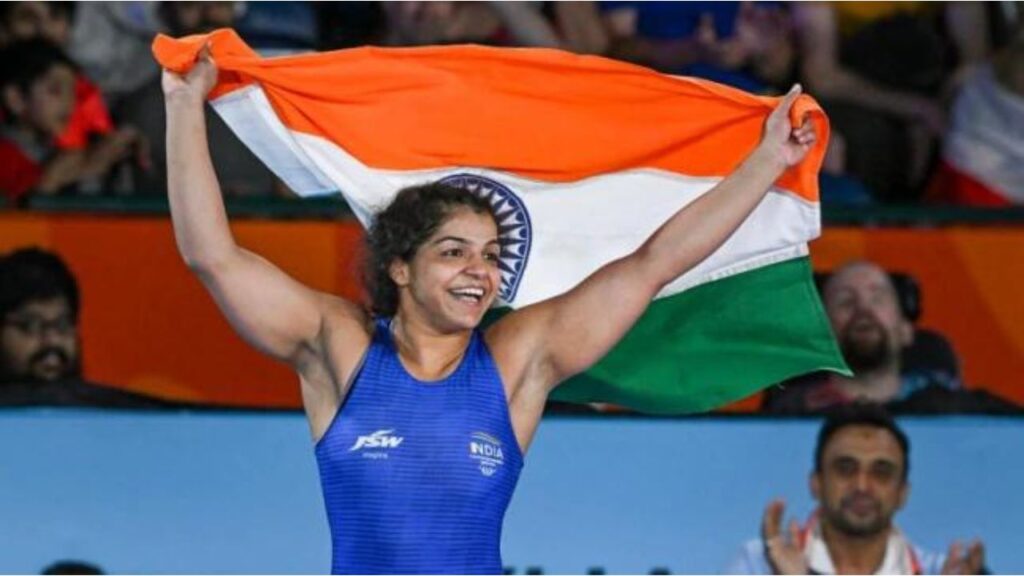
Meanwhile, Sakshi Malik, an Olympic medallist from Rio and a skilled wrestler, won gold in the Women’s Freestyle 62kg final on Friday, earning her third medal overall at the Commonwealth Games. Sakshi was able to move past her regret at not being able to qualify for and participate in the Tokyo Olympics 2020 thanks to the gold medal, which completed her collection of Games medals.
In the quarterfinal match, Sakshi easily defeated England’s Kelsey Barne, age 20, to kick off her campaign. In the women’s freestyle semifinal against Etane Ngolle of Cameroon, she replicated the identical performance and easily advanced to the final.
Sakshi defeated 20-year-old Sonam Malik in five fights during the selection trials to gain a spot in the national squad for the Birmingham Games at the 62kg weight class, and she made sure to turn that victory into her third CWG medal. Sakshi no longer solely played defense during the Commonwealth Games. She aimed to win, gain points, and rapidly wrap up her fights.
In the Haryana district of Rohtak, in the village of Mokhra, Sakshi was born on September 3, 1992. Sakshi Malik wasn’t long after picking up the sport that would define her career after observing her grandpa Subir Malik, a wrestler.
She started training with Ishwar Dahiya when she was just 12 years old, and five years later, she won her first medal—a silver in the 59 kg freestyle event at the Asian Junior World Championships in 2009—and a bronze at the World Junior Championships in 2010.
Sakshi Malik competed in her debut Commonwealth Games the following year in Glasgow after winning a bronze medal at the 2013 Commonwealth Championships. She fell to Aminat Adeniyi of Nigeria in the 58 kg final, but she was still able to take home a silver medal. In 2018, she won her second and last Commonwealth Games medal with a bronze in the 62kg category.



